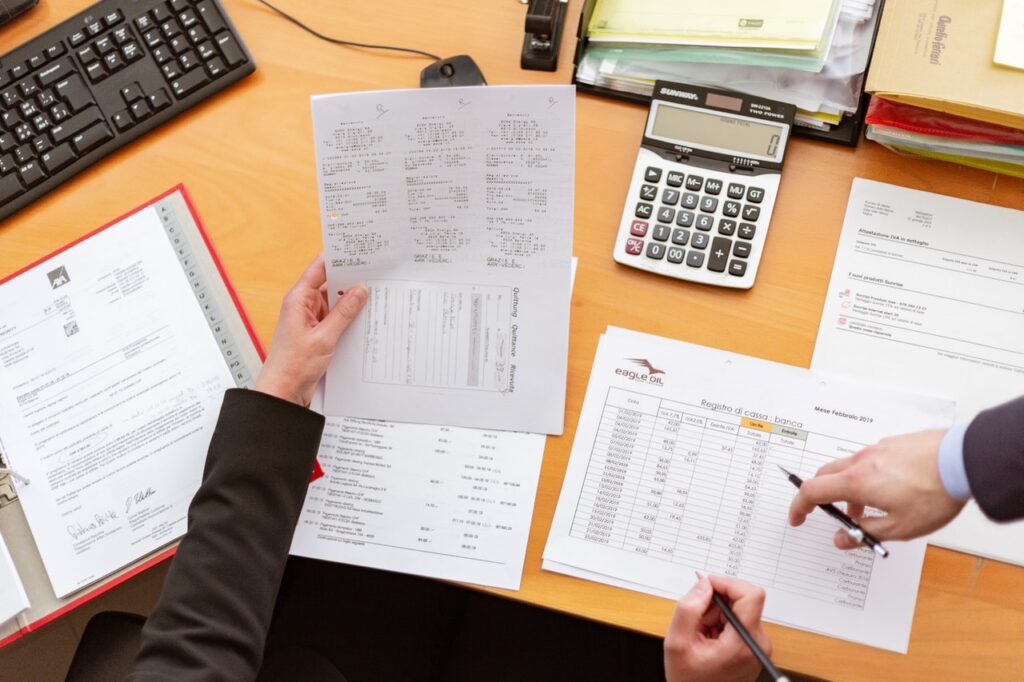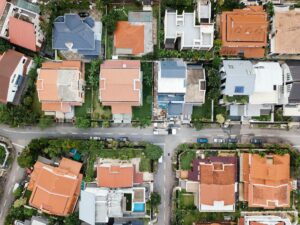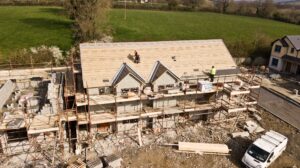
Obtaining a Special Use Permit
If you want to use a parcel of land in a manner that isn’t necessarily allowed by the local zoning code, you may need to obtain a special use permit to do so. While this type of permit isn’t always granted, it’s one of the only ways that you can legally use a parcel of land for a purpose that it hasn’t been zoned for. Once you’ve received a special use permit for a specific piece of land, you will have essentially created an exception to the zoning ordinances and regulations.
There are many reasons why a person or business may want to seek a special use permit. For instance, if an area has been zoned as a residential area, obtaining a special use permit may allow you to perform business activities in the area. It’s also common for churches to seek a special use permit when they want to operate in areas that are zoned specifically for residential homes. Another name for a special use permit is a conditional use permit.
To understand exactly how special use permits work, you should first know how these permits relate to zoning uses and ordinances. Zoning refers to the implementation of a general plan, which divides communities into separate zones or districts. Each zone has its own regulations that dictate how the land can be used and how much development can occur on the land. Every parcel of land will receive a zoning designation. The main types of zoning include:
- Residential zones
- Commercial zones
- Industrial zones
- Agricultural zones
- Rural zones
- Historic zones
When you want to obtain a special use permit, you can apply for one at the Los Angeles County Department of Regional Planning. If you’re considering constructing a building or home on this land, the remaining permits you need can be applied for at the Los Angeles Department of Building and Safety. Before you seek a special use permit, you should have a good idea if your application can be granted. If the chances of the application being granted are slim, you might want to avoid wasting time that could be better spent finding land that accommodates the desired use. This article takes a look at special use permits and what it takes to obtain one.
How a Special Use Permit is Granted

The process involved with granting a special use permit depends on the exact project that you want to complete. It’s important to understand that this type of permit doesn’t change what the zone is, which means that existing codes and regulations don’t change. Instead, the changes are project-specific and will only apply to you or your business. As mentioned previously, The Los Angeles County Department of Regional Planning will determine if your application is granted or denied.
Applying for a special use permit is a relatively straightforward process. However, the permit you apply for will need to be consistent with an existing adopted general plan, which includes local community and area plans. If it isn’t consistent, your application will be denied. Some of the most common issues that can lead to a denied application center around:
- The project design
- Compatibility with the general plan
- Consistency with nearby land uses
- Land suitability
- Environmental impacts of proposed project
- Availability of public services and facilities in the vicinity
All of the documents necessary to seek a special use permit can be found at this link. From here, you can submit a zoning permit application as well as a conditional use permit burden of proof. Keep in mind that there are fees associated with this application. In general, you can expect to pay just over $10,000 for a special use permit.
Once you have gathered all of the necessary documents and have filled out the application, you will need to make an appointment with the Los Angeles County Department of Regional Planning, which can be done by calling (213) 974-6411. The application will only be accepted for review once a planner has determined that you’ve provided all of the necessary information. If the application is deemed to be incomplete, it won’t be accepted.
In the event that your application is accepted, there are several steps that occur before the special use permit is granted. For one, the application will go through a processing phase, which can take some time. If it isn’t denied outright, a public hearing is scheduled with the Regional Planning Commission or a hearing officer. Every applicant is expected to attend the public hearing so that they can answer all of the questions the public may have about the proposed development. Once the hearing has been concluded, the hearing officer will make a written decision in 10 working days. If the application is denied, it’s always possible to appeal this decision.
Revoking or Overturning a Special Use Permit

When a special use permit has been granted, this doesn’t always mean that the permit will remain in place. In fact, there are times when a special use permit can be overturned or revoked. Keep in mind that zoning regulations are strict for a reason. A city doesn’t want a business to interrupt the daily lives of the people who live in a residential zone. A revocation can occur in the event that additional analysis deems the proposed land use to be in direct conflict with other zoning ordinances and laws.
It’s also possible to lose a special use permit if you commit a violation in regards to how the permit is supposed to be used. Special use permits typically have precise instructions for how the land can be used. If you don’t adhere to these instructions, the permit could be overturned completely.
This can also happen if the city’s zoning board decides that a local ordinance has become outdated, which can impact the community as a whole. If an ordinance is overturned, your special use permit may no longer be consistent with local zoning laws. Because of how impactful these decisions can be, they are oftentimes followed by legal action, which means that you have some resource if your permit is revoked.
When Are Special Use Permits Allowed?

Special use permits are difficult to obtain. Because of how extensive the permitting process can be, you should understand when these permits are allowed before filling out and submitting your application. The main factors that are considered before a special use permit are granted include:
- What impact the special use will have on the surrounding neighborhood, business complex, or community
- What type of business operation or conduct will occur at the location
- What type of building use or land use you’re applying for
- If the proposed activities would disrupt the purpose and theme of the zone
- If the business operation or land use was in existence before the current zoning ordinance went through
If you believe that the activity or business operation you propose for the area would be consistent with current zoning regulations, it’s possible that it would be granted. However, the special use can’t be too different from the current land uses. One example of a special use that would likely be denied is for a large factory to be constructed in a residential zone. If the factory is too close to homes and apartment buildings, there’s a good chance that the special use permit would be denied. Speak with a representative at the Los Angeles County Department of Regional Planning if you have questions about the special use permit you’re thinking of applying for.
Why People Obtain Special Use Permits
Special use permits are designed specifically to provide businesses or other entities with flexibility in regards to how the land can be used. Because zoning ordinances are unable to account for every possible use that a parcel of land would have, special use permits are available. Exceptions to the local zoning laws are made when the surrounding community believes that it will benefit the area.
For certain businesses and industries, obtaining a special use permit is helpful for numerous reasons. By creating a mixed-use zone, employees may be able to avoid driving long distances to get to their places of work. Building a grocery store in a neighborhood is a great way to provide residents with easy access to food and other items they require for their daily lives.
At the moment, it’s common for special use permits to be granted to add religious, commercial, or educational services to a residential zone. Keep in mind that larger businesses typically aren’t allowed in residential zones. On the other hand, a small business or home-based business could qualify for a special use permit. If you’re confident that your special use permit application would be granted, the application for this permit includes 10 short sections that are easy to fill out. When you navigate to this link, make sure that you look at the permit application checklist before submitting the application.

Jason Somers, President & Founder of Crest Real Estate
With over 15 years of professional experience in the Los Angeles luxury real estate market, Jason Somers has the background, judgement and track record to provide an unparalleled level of real estate services. His widespread knowledge helps clients identify and acquire income producing properties and value-ad development opportunities.
Learn more about Jason Somers or contact us.



